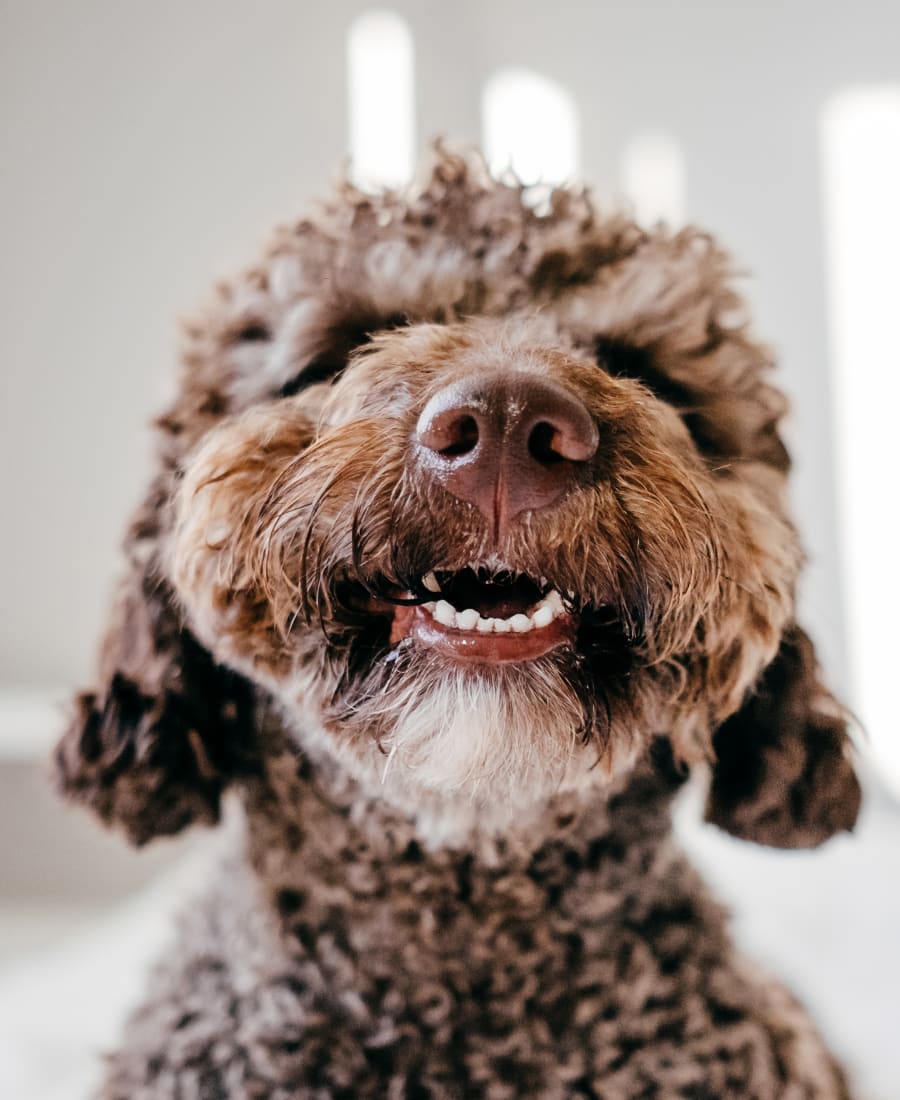Soft Tissue Surgical Procedures for Dogs & Cats
Soft tissue surgery can be classified as any surgery that does not involve the joints or bones. These surgeries are performed on ears, nose, throat, heart, gastrointestinal system, internal organs, skin, or muscle. The most common soft tissue surgeries involve the excision of lumps or masses.
The process for each type of soft tissue surgery can vary, but you can rest assured that your dog or cat's safety and comfort are of the utmost importance. We begin with a physical exam that involves diagnostic tests such as X-rays, ultrasounds, and bloodwork. These evaluations assist in determining whether your cat or dog is healthy enough to have surgery.
Our vets prioritize pain management above all else to make sure your cat or dog is comfortable during and after their procedure. Our veterinarians will go over post-operative care with you following surgery, so you can better understand what kind of care your pet will require when you take them home.

Types of Soft Tissue Surgeries
- Cardiothoracic
If your dog or cat has developed an illness or cancer in their chest or sustained an injury, surgical intervention may be necessary.
These kinds of surgeries are frequently elective and planned, but emergency surgeries do happen occasionally. If your dog or cat experiences an injury to the chest, they may need emergency care.
The signs that your companion may have a cardiothoracic issue include, a fast breathing rate (even when at rest), lethargy or loss of appetite. If you notice any of these signs, contact our veterinarians right away.
- Gastrointestinal
Any surgery involving the stomach, intestines, or other organ that support the gastrointestinal system falls under this category.
Common reasons for these procedures include the removal of foreign bodies, the removal of cancerous masses, and the correction or prevention of a condition known as gastric dilatation and volvulus (GDV), which causes the stomach to twist and swell with gas quickly.
- Hepatic
A hepatectomy, commonly referred to as a liver resection, is a surgical procedure where a portion of your pet's liver is removed. Partial liver resections are most frequently performed to remove malignant, precancerous, or benign (noncancerous) tumors.
Because the liver can regenerate, up to two-thirds of your dog's or cat's liver can be removed safely, as long as the remaining liver is healthy.
- Oncological
Since cancer is one of the most common illnesses diagnosed in dogs and cats, surgical tumor removal tends to be one of the most common procedures performed by veterinarians.
Dogs and cats may also develop skin-related masses. They can be dangerous or even fatal and can grow inside bodily cavities. For both dogs and cats, mass removal surgery is relatively simple. Most pets recover well from mass removal surgery.
- Wound Repair
Skin injuries can result from trauma, burns, bites, or other wounds. A veterinarian must treat these wounds as soon as possible in order to stop infection and illness.
- Urogenital
Surgery to treat problems in the urinary tract, such as bladder and urethra, or the reproductive organs.
Common reasons for these surgeries include the removal of masses from the bladder wall, as well as the prevention and removal of urinary obstructions.
Soft Tissue Surgery FAQs
Whether you're worried about recovery times or you're not sure what to expect during your dog or cat's consultation, we've got you covered. If you have any further questions, please contact us. We are happy to discuss your concerns.
- Do the consultation appointment and surgery happen on the same day?
No. The consultation appointment is a pre-operative exam that your animal must have before surgery. This exam will include blood work and any other relevant diagnostic tests. Once we have all the test results, we can schedule surgery.
- Does my pet have to stay overnight?
Many of our patients require overnight hospitalization following surgery so that we can monitor their recovery.
That being said, there are some surgeries that are considered "day surgeries". This means that you will drop off your pet in the morning and pick them up later that day, once they've fully recovered from the effects of anesthesia. Some of the most common "day surgeries" are spay and neuter procedures and dental surgeries.
- How long does surgery take?
Surgeries usually last between two and four hours, but the length of time depends on the type of surgery and your pet's specific condition.
- What happens during the consultation appointment?
During the pre-operative consultation, we will review your pet's medical history and conduct a physical examination, as well as any necessary blood work and diagnostic tests, to determine the nature of your pet's condition.
Radiographs (X-rays), CT scans, and ultrasounds are all possible types of diagnostic tests. Once the results are received, a surgical plan is developed and discussed with you.
